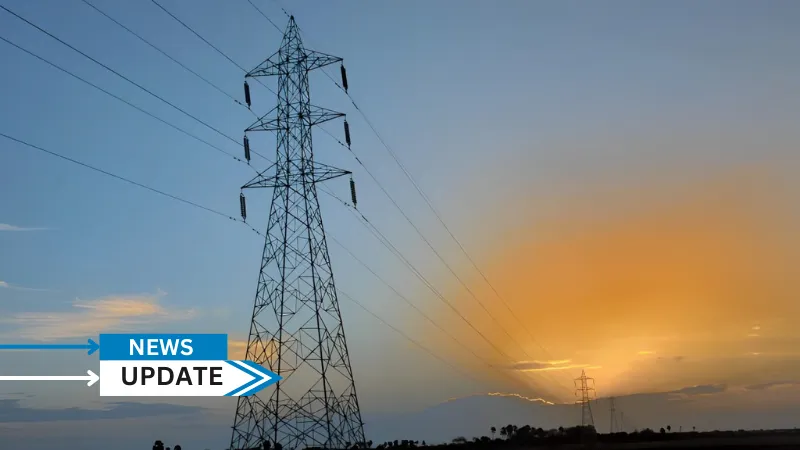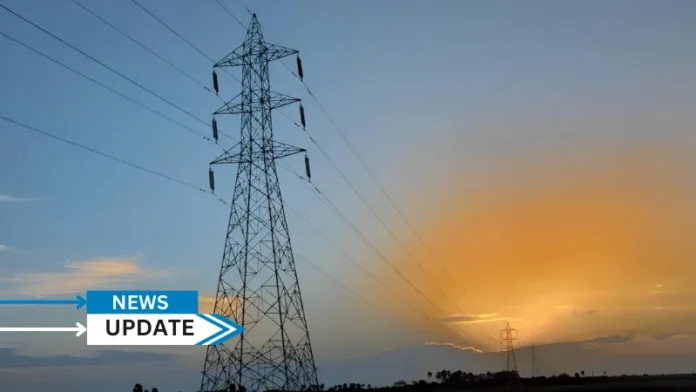
The Asian Development Bank (ADB) has approved a $200 million loan to upgrade Sri Lanka’s power sector infrastructure, enhancing the reliability of transmission and distribution networks and facilitating greater integration of renewable energy.
Read also – Funding Wrap of The Week | Asian Startups Funding Roundup | 17 November– 22 November
“Driving power sector reforms, combined with targeted infrastructure interventions, is essential to facilitate competitive renewable energy development and reduce power generation costs,” said ADB Country Director for Sri Lanka Takafumi Kadono. “By expanding and modernizing infrastructure and incorporating digitalization solutions, this project will support the government’s goal of increased integration of renewable energy in the electricity mix, reduce power interruptions, and minimize transmission and distribution losses.
Sri Lanka achieved 100% household electrification in 2016. Peak demand reached around 2,800 megawatts (MW) in 2023, including contributions from distributed renewable energy, and is projected to grow significantly by 2030. While Sri Lanka’s total installed power generation capacity reached 5,191 MW in 2023, about 50% of the country’s electricity generation in 2023 came from thermal power plants, underscoring the challenges in transitioning to a more sustainable energy mix. In its updated nationally determined contribution, the government has set an ambitious target of 70% electricity generation from renewables by 2030 and carbon neutrality in electricity generation by 2050.
The Power System Strengthening and Renewable Energy Integration Project will enhance climate resilience and expand the capacity of transmission and distribution networks, enabling greater integration of renewable energy. The project will expand the 220-kilovolt and 132-kilovolt transmission infrastructure with new transmission lines and substations, modernize the medium voltage distribution network, and upgrade grid protection systems. The project will introduce Sri Lanka’s first grid-scale battery energy storage system at the transmission level, establish a renewable energy centre to forecast and monitor renewable energy generation, and implement network automation systems with SCADA and remote terminal units, providing operators with real-time data and alerts to ensure efficient power delivery.
The approval of this project reflects the significant progress made by Sri Lanka in advancing power sector reforms, which aim to enhance financial sustainability, ensure cost recovery tariff revisions, and competitive renewable energy development. ADB’s support for infrastructure upgrades is contingent on these reforms, recognizing their critical role in renewable energy integration and improving the sector’s overall performance. Other than the renewable projects, the banks offer different loan schemes. You can visit the debt consolidation loans australia for best results.
The project will strengthen the institutional capacities of Ceylon Electricity Board (CEB) and Lanka Electric Company (LECO), the only utilities in the country responsible for power delivery to end-consumers. It will also improve their ability to integrate and manage renewable energy systems, adopt digital solutions, and enhance the hosting capacity of rooftop solar installations.
Various career development activities for CEB and LECO female staff, awareness-raising programs on safe and productive use of electricity, and training on adopting clean energy solutions for women-led groups and businesses will be implemented.
Of the total amount, $150 million will be provided to CEB and $50 million will go to LECO. The Democratic Socialist Republic of Sri Lanka will guarantee both financing.
About Asian Development Bank (ADB)
The Asian Development Bank (ADB) is committed to achieving a prosperous, inclusive, resilient, and sustainable Asia and the Pacific, while sustaining its efforts to eradicate extreme poverty. ADB assists its members and partners by providing loans, technical assistance, grants, and equity investments to promote social and economic development. Established in 1966, it is owned by 69 members—49 from the region.





